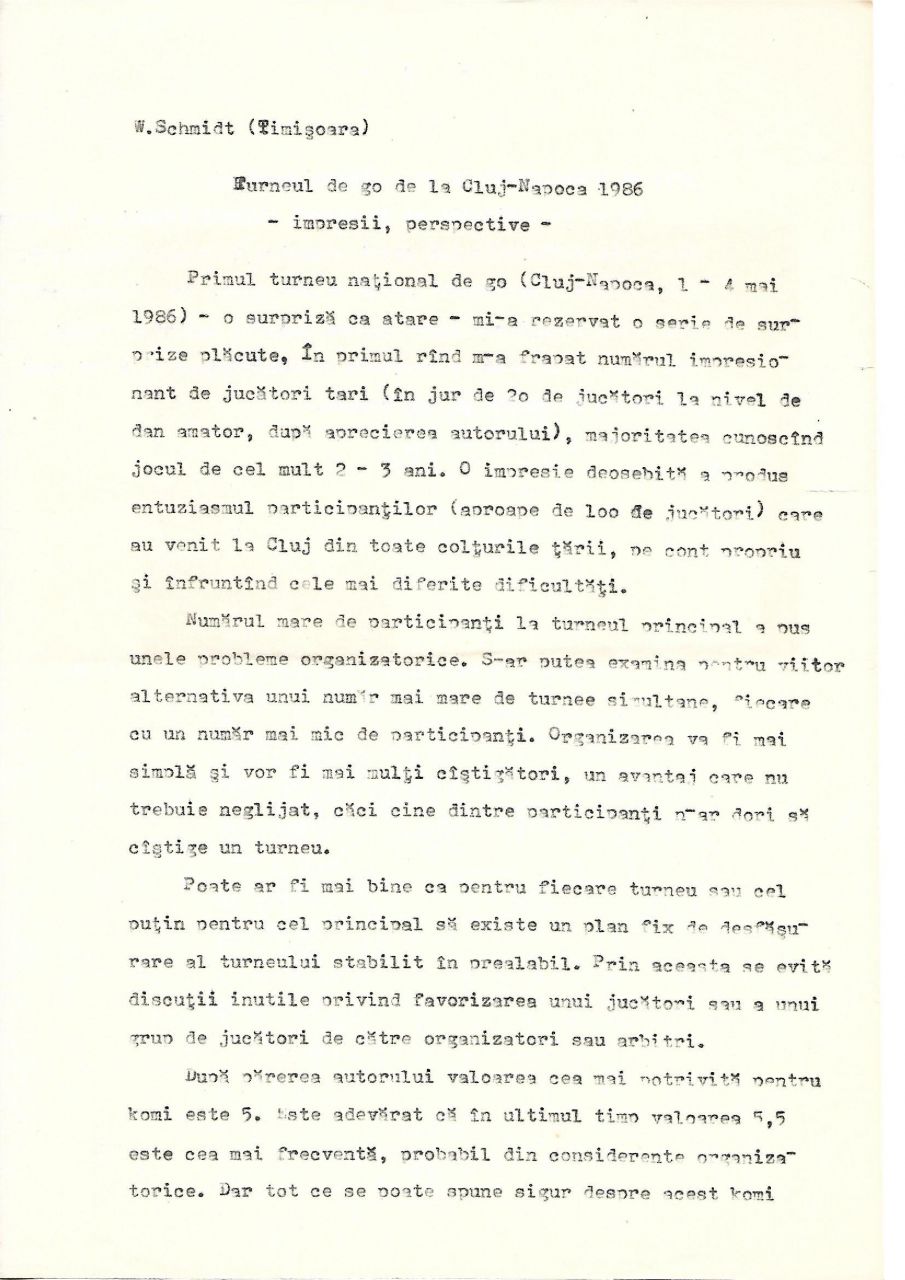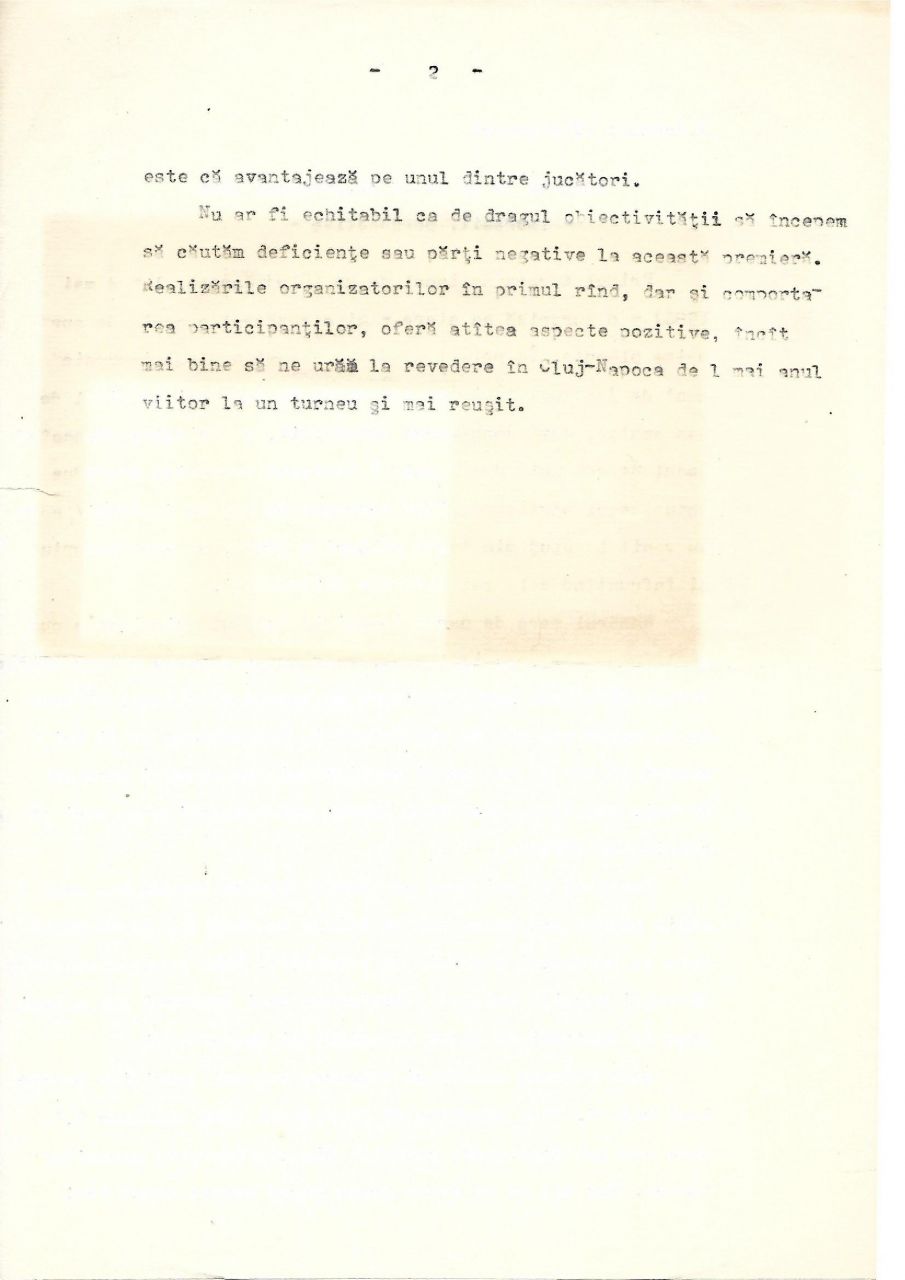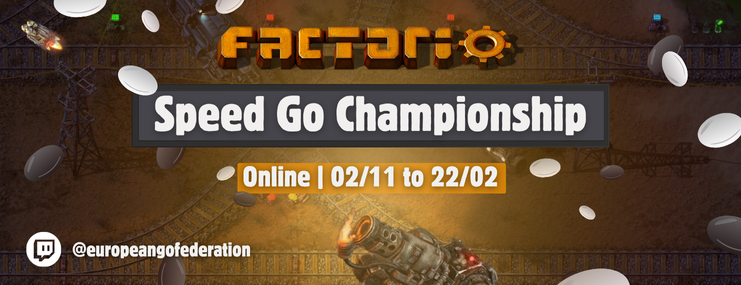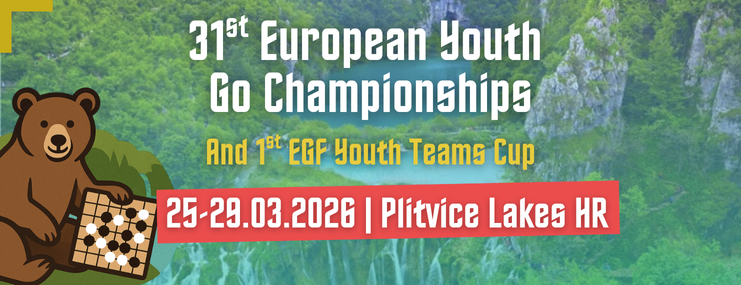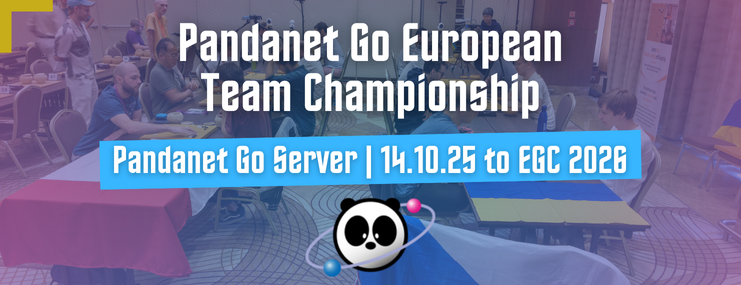The Grand Slam is a tournament that's part of the European Grand Prix which has existed now for a few years in Europe and it's actually a direct result of the EGF-CEGO contract. The European Grand Prix consists of a series of bonus point tournaments throughout the whole year, this qualification tournament and the Grand Slam tournament. The main ideas of the Grand Prix are: “to have a system honouring / measuring the performance of active go players” and to “use the results of the Grand Prix as the main guideline whenever the EGF has the right to nominate players for international events in Far East”. In the European Grand Slam Tournament there will be 12 players playing between the 28th of April and the 1st of May at the Chinese Cultural Center in Berlin:
• 5 Professionals certified by EGF (Ilya, Ali, Mateusz, Pavol, Artem)
• 2 players from the top of the Bonus-Point list, year-end 2016 (Thomas, Viktor)
• 2 players with the highest rating who have Bonus Points in 2016 (Alexandre, Andrii )
• 2 players from the Grand Slam Qualification Tournament 2017 (whose name you will find out at the end of this article ^_^)
• 1 player will be chosen as a wild card by CEGO, this will be decided at the end of March 2017
For more information about the European Grand Prix click here and for more information about the 3rd European Go Grand Slam Tournament click here.
The Grand Slam Qualification Tournament was organized by the Romanian go club Sakata and George Ghetu was the tournament director. The main conditions of participation were the following: being a European citizen for at least 10 years, having at a minimum an EGF rating of 2550 points acheived in the period December 2016 – February 2017. EGF professionals were not allowed to take part, but other European go professionals were allowed to participate.
7 players registered for the tournament: Cristian Pop (7d), Dusan Mitic (6d), Lukas Podpera (7d), Cornel Burzo (6d), Tanguy Le Calve (6d), Nikola Mitic (6d) and Dragos Bajenaru (6d). Since there was an uneven number of players, local player Mihai Serban (5d) joined them. Four of these players (Cristian Pop, Tanguy le Calve, Dusan Mitic, Nikola Mitic) had met just the weekend before when they faced each other in the Niš Open. There Cristian Pop was unbeaten, but this time things were not so easy for him.
You can see the results of each round and the game from the first board in the following lines:
Round 1: Pop 1 - 0 Serban, Dusan 1 - 0 Bajenaru, le Calve 1 - 0 Nikola, Burzo 1 - 0 Podpera
Once one checks their game they might be shocked about it's result: Cristian Pop was easily winning most of the game, but then he made a big mistake on the upper left side. The life and death problem wasn't a difficult one, but Cristian Pop missed it and his stones got captured. The other surprise of this round was the win of Mihai Serban (5d) against Lukas Podpera (7d). As Mihai unofficially declared that his goal for this tournament was to win at least a game, which, considering the very high level of the players was a pretty realistic thing to wish for.
Round 3: Dusan 1 - 0 Burzo, Pop 1 - 0 Bajenaru, le Calve 1 - 0 Serban, Nikola 1 - 0 Podpera
So, after round 4 there were three favorites with 3 wins each: Cristian Pop, Dusan Mitic and Cornel Burzo. So, if one of them had won their game, then that player would automatically qualify, if two had won their games, then they would be the two qualified players, if all three of them won, then the tie break rules would be used to choose the two qualified players.
But then round 5 came brought along some surprising results:
Round 5: Podpera 1 - 0 Dusan, Nikola 1 - 0 Burzo, Pop 0 – 1 le Calve, Bajenaru 0 - 0 Serban
All three favorites lost their games and so there were 5 players with 3 wins each. You can see here the final standings after the 5 rounds. So the tie break rules came into action. The problem was that those rules contained explanations for the case in which there were 3 or 4 players with an equal number of wins, but there were no explanations for the case in which 5 players had an equal number of wins. After discussions between the tournament director and the EGF board there were two options left for the players: draw the 2 qualified players by lottery (out of the 5) or have a fast tournament (10 minutes sudden death – which was part of the tie break rules, but as mentioned previously, normally in a different context). The players were asked what they wanted and they unanimously voted that they would like to play. So then the qualification tournament of the qualification tournament for the Grand Slam started!
The tie break tournament was played with 10 minutes sudden death and the five players with 3 wins each: Cornel Burzo, Tanguy le Calve, Dusan Mitic, Cristian Pop and Nikola Mitic played each against one another. In the following table you can see the results. So what actually happened at this next tournament? None of the three players that I named as “favorites” after the first 4 rounds in the main tournament qualified, but instead the other two players did it.
Nikola Mitic's case, who used to be an insei in Japan, was particularly surprising, because he started the main tournament with two losses and then managed to be one of the two players to qualify. The other player who qualified was Tanguy le Calve from France. Congratulations to the two players!
| 1 | 2 | 3 | 4 | 5 | Points | Place | |
|---|---|---|---|---|---|---|---|
| 1. Cristian Pop | + | - | + | - | 2 | III | |
| 2. Dusan Mitic | - | - | - | - | 0 | V | |
| 3. Tanguy le Calve | + | + | - | + | 3 | I | |
| 4. Cornel Burzo | - | + | + | - | 2 | IV | |
| 5. Nikola Mitic | + | + | - | + | 3 | II |
So, for the fun of things after playing the decisive blitz tournament and players made for fun a lottery to see who would have won had they only had lottery instead of the blitz tournament. And guess what? The luck was on the Romanian side: the names Cristian Pop and Cornel Burzo were drawn. But unfortunately for them it didn't matter anymore.
The games from the first board were broadcasted live from the tournament from the account gsqt17cluj.
The website of the tournament is here.
Marele Premiu Radu Baciu etapa Cluj-Napoca was the side tournament of the event. The tournament is a tribute to the former Radu Baciu, who was one of the players who helped a lot with promoting the game of go in Romania. 52 players took part in the tournament and the top players were:
1. Sergiu Iugulescu (3d)
2. Elian Grigoriu (3d)
3. Lucas Baker (2d).
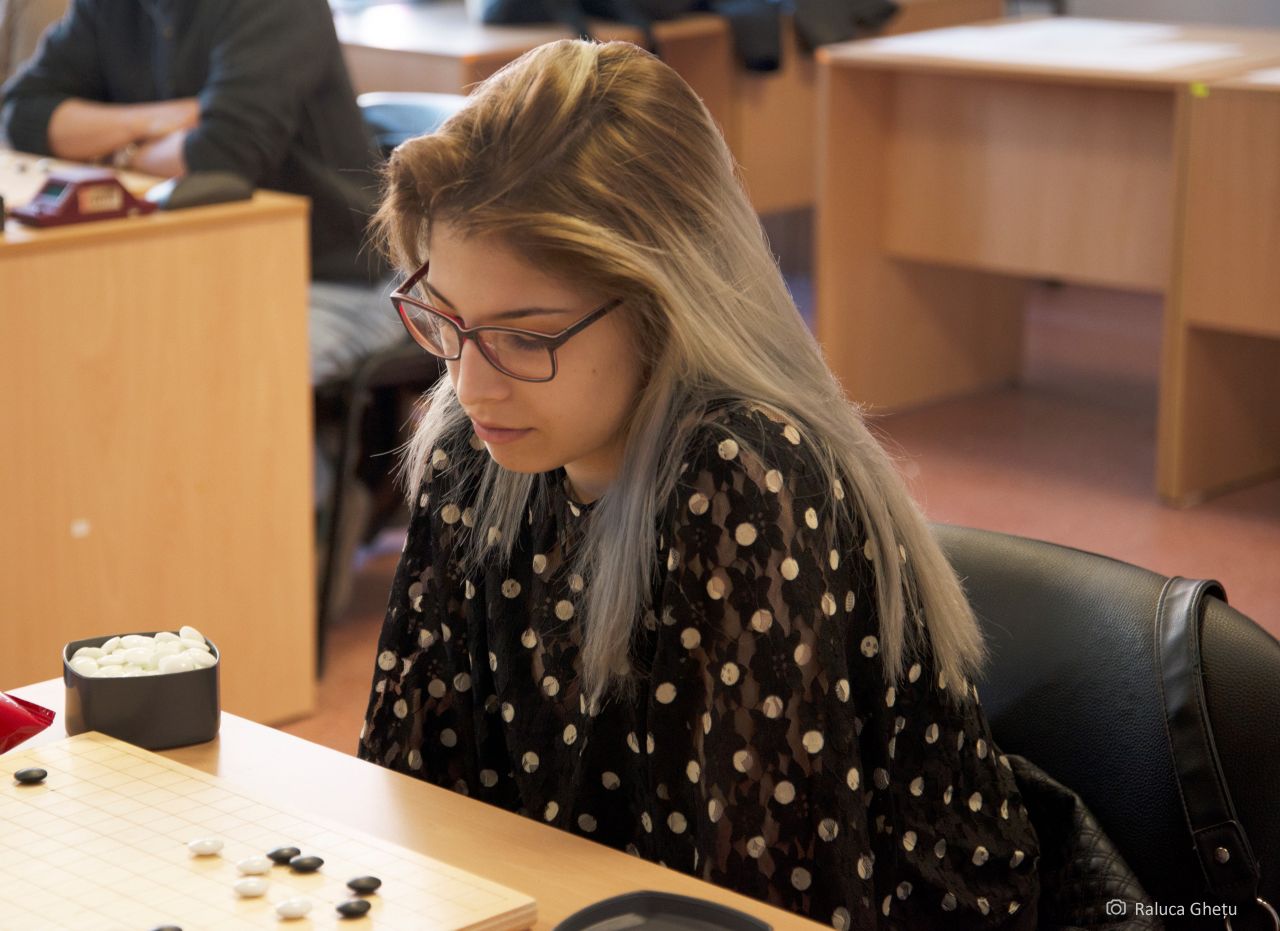
You can see the final standings here.
Last week I received a few scans from Cris Bratu from Timisoara of various old documents describing the different go tournaments that had taken place in Romania around 30 years ago. One of those documents relayed the impressions of one of the players (Walter Schmidt) that participated in the first Romanian national go championship which took place in Cluj-Napoca, the exact same location as the two tournaments above. I translated the document into English and you can find it below and get a glimpse into what a tournament in Romania looked like 31 years ago. Please take into account that Romania was then still under Communist rule, that being one of the main reasons why gathering so many players together in Cluj-Napoca was at that time considered such a great success.
“W. Schmidt (Timisoara)
National go championship from Cluj-Napoca 1986
- impressions, perspectives -
The first national go championship (Cluj-Napoca, 1-4 mai 1986) – a surprise itself – brought me a series of pleasant surprises. First of all, my eyes were struck by the impressive number of strong players (around 20 amateur dan players, according to the assessment of the author), out of which the majority has known the game for at most 2 – 3 years. The enthusiasm of the players left me with a remarkable impression (around 100 of them), players which came to Cluj from all corners of the country, by themselves and faced the hardest difficulties.
The big number of participants at the main tournament brought along some problems to the organizing committee. For the future the possibility of a higher number of parallel tournaments, each of them with a smaller number of participants, could be considered. The organization would be simpler and there would be more winners, an advantage which shouldn't be neglected, taken into account the fact that which of these participants wouldn't like to win a tournament.
Maybe it would be better if for each tournament or at least for the main one there would be a fixed plan for the way in which the tournament would take place which could be decided beforehand. This way we avoid useless discussions about the favorisation of one of the players or of a group of players by the organizers or referees.
In the opinion of the author the best value for komi is 5. It's true that lately the value of 5.5 is the most common, probably because of reasons that have to do with the organizing part. But everything that can be said for sure about this komi is that it's to the advantage of one of the players.
It wouldn't be rightful that for the sake of objectivity if we would start looking for deficiencies or negative sides to this prize-giving. The accomplishments of the organizers, first of all, but also of the participants, offer so many positive aspects, that it makes more sense to wish an 'au revoir' to the organizers until the 1st may of the next year and to wish them an even more successful tournament next year.”
